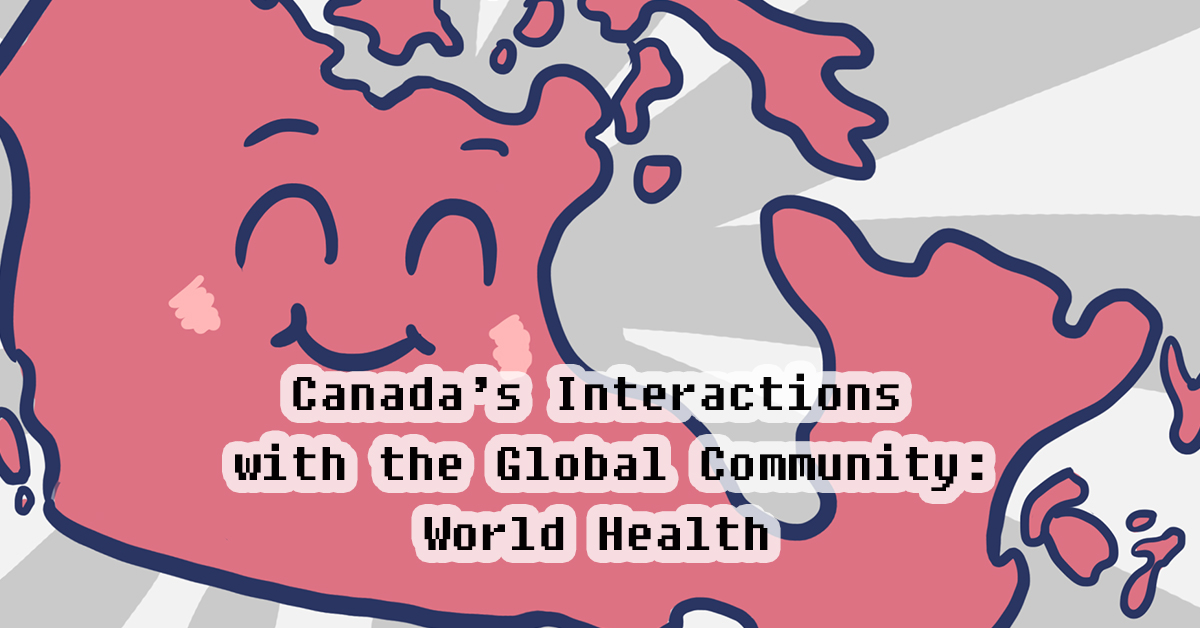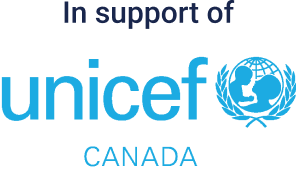Canada’s Interactions with the Global Community – World Health

Canada is part of a global community, made up of about 200 countries and over 7.5 billion people. In this section, you will learn about some of the health issues that affect everybody in this shared world community – and how you’re helping the world be a healthier place, just by doing this lesson!
What are Health Issues?
Like many other issues you have looked at (or will look at) in this unit, health issues involve a variety of factors. The causes and solutions involve political, social, economic, and environmental factors.
We can’t cover all the factors in detail, but consider some of the examples below:
Geographical – Where you live makes a big difference in health issues. Certain diseases mostly occur in warmer, tropical climates (such as malaria). Other areas are affected by seasonal floods and polluted drinking water. Cities deal with more smog and air pollution than rural areas.
Environmental – Climate change impacts people’s health in different ways. Rising temperatures means that tropical diseases are moving north. Traditional ways of getting food are threatened if you rely on ice or live close to the ocean. Air pollution increases the risks of many diseases, such as cancer, stroke, and heart disease.
Political – One example of a political factor affecting health is war. War can cause different health problems for many generations. Not only does war destroy health services (such as actual hospital buildings), it also destroys infrastructure such as roads, water, and sewage. Without these vital services, diseases can spread rapidly.
Economic – Not all people and governments can afford healthcare around the world. This can mean funds to hire doctors, to build hospitals, and even purchase the medicine itself. It can also include lack of funding to build necessary infrastructure such as roads and airports to deliver healthcare to people.
Social – Racism, sexism, gender discrimination and other social barriers affect many people around the world, including their ability to access healthcare. Discrimination is when a person or group of people is treated unfairly or differently compared to others. In Canada, there are studies that have shown that certain segments of the population (such as women and black people) do not receive the same care as others. When you really think about it, is there any logical reason that one person should get better treatment because they are a boy instead of a girl or have a certain skin colour? Often because of how organizations in society are setup, many people experience discrimination everyday at their jobs, schools and when accessing health care.




